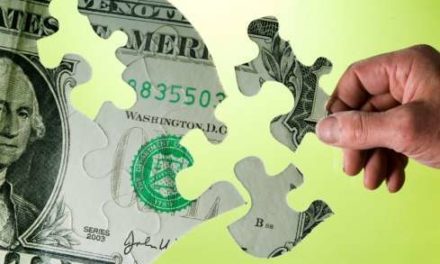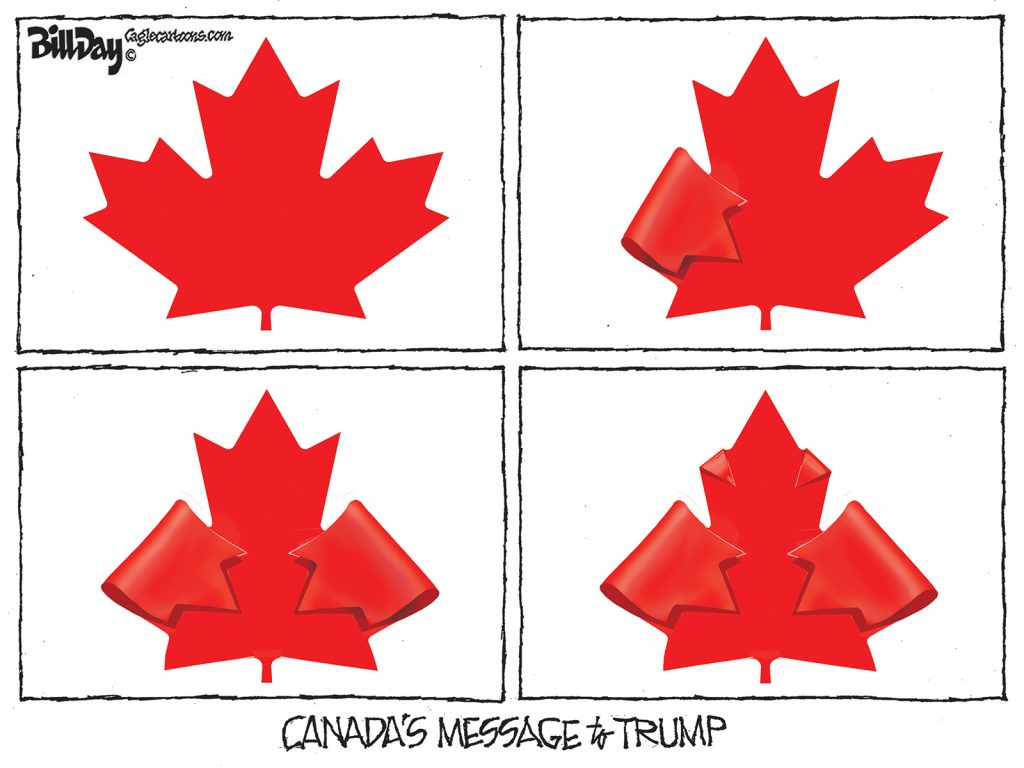If Memphis city officials are successful in getting a half-cent local sales tax increase approved by city voters on Nov. 21, the projected $47 million in new revenue from the tax could be cut in half for the next fiscal year that starts on July 1, 2014.
Backers of the tax increase have said that an estimated $30 million would go to a trust fund for a new pre-kindergarten program with the remainder of the $47 million going to reduce the city property tax rate.
Backers of the tax hike on the City Council and in other groups in the city have made no mention of the fact that if city voters approve the increase, it seems likely that the County Commission will try again to convert the half-cent increase in Memphis and suburban municipalities to a countywide increase.
If that situation occurs, voters in the county’s unincorporated area would, according to state law, be the only ones participating in the county referendum.
Some would say surely those voters would reject extending the increase to the area where they live.
Maybe so.
But just think about this: How many large grocery stores or other major retail outlets are located in unincorporated Shelby County. It seems a good bet that a majority of unincorporated residents do much of their retail spending in Memphis or the county’s suburban municipalities.
If that is the case, they for the most part would already be paying the half-cent increase.
Making the increase countywide would cut Memphis city government’s revenue from the half-cent tax from $47 million to $23.5 million. The other $23.5 million plus half the revenue from the half-cent increase in the suburban municipalities would be shifted to countywide school funding.
At the time of the unsuccessful county referendum last year to make the increase countywide, officials estimated that a half-cent sales tax increase would provide $30 million in new revenue for schools. That referendum was held in Memphis and the unincorporated area.
Getting help with school funding is the incentive for the County Commission to move to shift the increase to countywide.
Would voters in unincorporated areas have any major qualms about voting for a measure that would cut in half the revenue counted on Memphis city officials and shift those funds to schools, including the schools that serve the unincorporated area?
The schools revenue from the countywide increase would be split on an average daily attendance basis among the Shelby County Schools and any municipal districts that are established.
Converting the half-cent increase in the suburban municipalities to a countywide increase would have different effects in the different communities.
If the increase is approved in Memphis and then later becomes countywide, would the City Council direct all the $23.5 million to the trust fund for the city’s pre-K program or would it divide the money between pre-K and a limited property tax cut?




It seems the city has made good on it’s promise to get our city property taxes more in line with comparable TN cities.
City of Memphis $3.40 per $100 value
Shelby County $4.42 per $100 value
Nville/Davidson Cty USD (unified/city)- $4.516* per $100 Value
Nville/Davidson Cty GSD (general/county)- $3.924* per $100 Value
Bear in Mind Davidson just had to lower their rates b/c property values rose significantly. Nevertheless, it seems the story has become our high county taxes.
Still, the scenario you outline above would be ok with with me, as long as the $ is going to all of the county schools. It might not be long now before it’s cheaper to live in Memphis then it is to live in Germantown or Bartlett. And I beleive that’s why, 35 years ago, the state of TN banned special school districts in the first palce – the better ones were disproportionately available only for the wealthy.
Anon 11:02
If you live in Memphis, you pay $7.82 per $100 value according to your figures. If you live in Nashville*, you pay $4.516 per $100 value. Not exactly a “….made good on its promise”. The failure of consolidation here and higher property values in Nashville keeps Memphis from having lower rates. And of course the higher property values in Nashville may mean its households pay more taxes anyway?
*The Urban Services District (USD) of Nashville/Davidson County is the same as Memphis with its annexation because the USD is expanded with urbanization just like Memphis expands with annexation, but there are no County taxes in Nashville on top of USD.